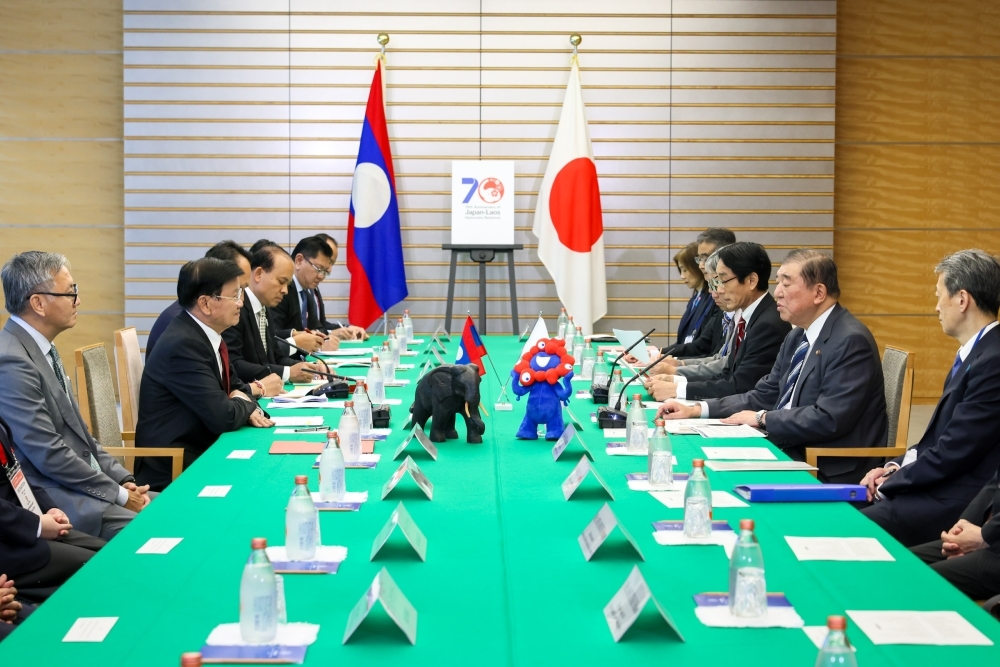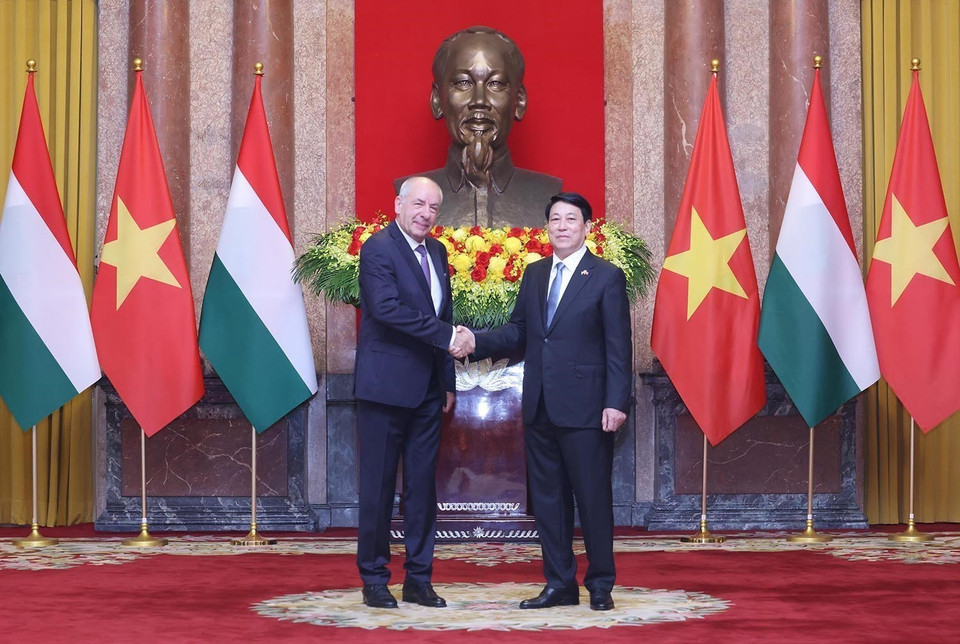Bulgaria and India have recently embarked on a journey to fortify their academic ties, aiming to enhance collaboration in research, education, and innovation. This strategic partnership aims to leverage each country’s strengths and foster a robust exchange of knowledge and expertise. Bulgaria and India are witnessing a paradigm shift in their bilateral relations as they embark on a journey to bolster collaborations in science, technology, and artificial intelligence (AI). This strategic partnership aims to leverage the strengths of both nations in innovation and research to address global challenges and drive socio-economic growth.
Recent efforts have seen a renewed focus on academic partnerships to address contemporary challenges and capitalize on emerging opportunities. Bulgaria and India have a history of diplomatic relations spanning several decades. In recent years, both countries have recognized the transformative potential of science, technology, and AI in shaping the future. This has led to a concerted effort to strengthen ties in these domains, building upon existing cooperation frameworks.
Joint Research Projects: Both countries have initiated joint research projects across diverse fields such as science, technology, medicine, and the social sciences. These projects aim to foster cross-cultural exchange and facilitate the exchange of ideas and methodologies. Collaborative research projects form the cornerstone of the partnership, focusing on areas such as biotechnology, renewable energy, information technology, and AI. These projects facilitate the exchange of knowledge, resources, and best practices, driving innovation and fostering breakthrough discoveries.
Student Exchange Programs: Several universities in Bulgaria and India have launched student exchange programs to promote cultural understanding and academic excellence. These programs offer students the opportunity to study abroad, immerse themselves in different academic environments, and broaden their perspectives. Academic exchange programs between Bulgarian and Indian universities facilitate the exchange of students, researchers, and faculty members. These programs provide opportunities for cross-cultural collaboration, skill enhancement, and knowledge sharing, strengthening the research ecosystem in both countries.
Faculty Exchange: Facilitating the exchange of faculty members between Bulgarian and Indian universities is another crucial aspect of the academic partnership. This exchange not only enhances teaching and research capabilities but also promotes collaboration on joint research endeavours.
Joint Workshops and Conferences: Collaborative workshops, seminars, and conferences serve as platforms for scholars and researchers from both countries to exchange knowledge, share best practices, and explore potential areas of collaboration. These events facilitate networking opportunities and lay the groundwork for future research partnerships.
Language and Cultural Studies: Efforts to promote the study of Bulgarian and Indian languages and cultures further strengthen bilateral ties. Language courses and cultural exchange programs contribute to fostering mutual understanding and appreciation between the two nations.
AI Development and Ethical Frameworks: Both countries recognize the transformative potential of AI and are working together to develop ethical frameworks and guidelines for its responsible deployment. Collaborative efforts focus on AI research, ethics, policy development, and capacity building to ensure that AI technologies benefit society while addressing concerns related to ethics, privacy, and security.
Benefits and Impact
The collaboration between Bulgaria and India in the scientific and technological realms spans various fields including information technology, biotechnology, renewable energy, pharmaceuticals, and space research.
In the field of information technology, Indian software firms have established partnerships with Bulgarian counterparts, leading to the development of cutting-edge solutions and services. Bulgaria’s growing expertise in cybersecurity has also opened avenues for collaboration with Indian companies to enhance digital security frameworks.
Biotechnology is another area where India and Bulgaria have been working together to leverage their research capabilities. Joint efforts in biopharmaceutical research, genetic engineering, and bioinformatics hold promise for breakthroughs in healthcare and agriculture, benefiting both nations and beyond.
Renewable energy presents a significant opportunity for collaboration, given India’s ambitious renewable energy targets and Bulgaria’s expertise in solar and wind energy technologies. By sharing knowledge and resources, both countries can accelerate the adoption of clean energy solutions and contribute to mitigating climate change.
The pharmaceutical sector offers immense potential for cooperation, particularly in generic drug manufacturing and research on tropical diseases. Indian pharmaceutical companies, known for their cost-effective medicines, can collaborate with Bulgarian counterparts to improve access to affordable healthcare solutions globally.
In space research, India’s Indian Space Research Organisation (ISRO) and Bulgaria’s space agency have explored opportunities for collaboration in satellite technology, remote sensing, and space exploration missions.
Conclusion
The burgeoning science & technology and academic relations between Bulgaria and India reflect a shared commitment to fostering collaboration, innovation, and cultural exchange. As both nations embark on this journey of mutual learning and growth, they are set to unlock new opportunities and address global challenges through the power of education and research.









